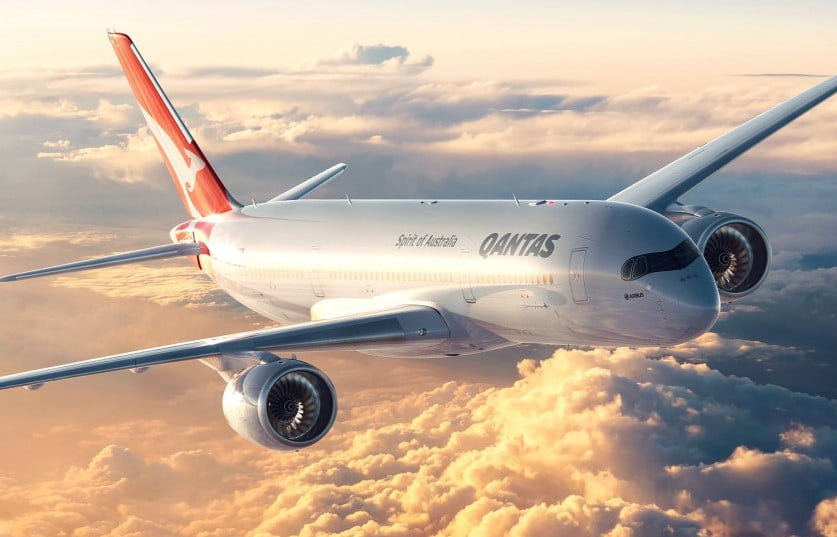This surge in new planes is attributed to an estimated average annual growth rate of 3.2% in passenger traffic within the region.
The forecast reveals that the upcoming surge in new aircraft for Pacific-based airlines will primarily consist of approximately 750 single-aisle planes from the A220 and A320 Families and around 170 widebody planes like the A330neo and A350. It's worth noting that the majority of this demand - 55% - will be driven by growth, while the remaining 45% will be for replacement purposes of existing aircraft.
Stephen Forshaw, the Airbus Chief Representative for Australia, New Zealand, and the Pacific, unveiled the latest forecast during a presentation on the eve of the upcoming Avalon Airshow. The Airshow, scheduled to run from 28 February to 5 March 2023 in Melbourne, will feature top-notch aerospace technologies and draw aviation enthusiasts from across the globe.
"We are already seeing a steady recovery in global air traffic and renewed confidence in the growth of the industry. This is particularly evident in the Pacific region, where we see a surge in travel demand and an increase in flights to and from key destinations," Forshaw said.
"A priority for airlines in this region is ensuring that the air transport sector can grow in a sustainable way. This has become an increasingly important factor when airlines make fleet decisions, and Airbus is well-placed with the modern and comprehensive product line available today, offering a reduction in fuel consumption and emissions of up to 25%," he added.
Over the past year, Airbus has established several significant partnerships in the Pacific region as part of its ongoing expansion strategy. Notable among these is a joint fund initiative with Qantas aimed at fostering the development of a comprehensive ecosystem in Australia. Additionally, Airbus has collaborated with Air New Zealand on a project that explores potential applications for hydrogen-powered aircraft on the airline's domestic network. These partnerships signal Airbus' commitment to forging strong relationships within the Pacific aviation industry and advancing the cutting-edge technologies that will shape the future of air travel.
In addition to its existing partnerships in the Pacific region, Airbus is also actively engaged in a number of studies focused on advancing technological innovations in the field of aviation. For instance, the company is collaborating with Fortescue Future Industries (FFI) in Australia to explore new possibilities for aviation technology.
Furthermore, Airbus has recently announced its participation in a hydrogen consortium in New Zealand, working alongside Christchurch Airport, Air New Zealand, FFI, and several start-ups. This consortium seeks to drive the development of cutting-edge hydrogen technologies that can be deployed across a range of sectors, including aviation. These initiatives also highlight Airbus' ongoing commitment to advancing sustainable solutions that will pave the way for a more eco-friendly and efficient aviation industry.
The Pacific region remains a critical market for Airbus, with numerous carriers based in Australia, Fiji, New Caledonia, New Zealand, and the Solomon Islands currently operating a combined fleet of 170 Airbus aircraft. Moreover, Pacific airlines have placed orders for another 166 Airbus planes, comprising a staggering 75% of the total backlog of orders from airlines across the region, spanning all manufacturers.
Globally, Airbus predicts that airlines worldwide will require an estimated 39,490 new aircraft in the next two decades, with a significant proportion of the demand - approximately 17,620 planes - emanating from the wider Asia-Pacific region.

